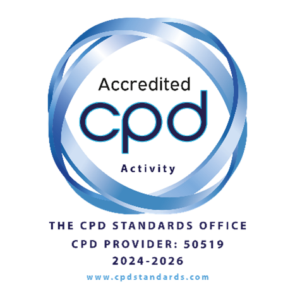
Mobile Money for Financial Inclusion
Overview
Mobile money services have become a key enabler for financial inclusion, especially in low- and middle-income countries (LMICs). This has resulted in the growth and increased adoption of mobile money services, with the result that they now support 2.1 billion users in carrying out regular transactions. Despite the benefits of mobile money services, there are still areas that can be improved to increase their impact, especially in the area of policy and regulation. This course aims to support policymakers and regulators in understanding the contribution mobile money services make to financial inclusion in line with the OECD High-Level Financial Inclusion Principles, provide insights into current mobile money adoption trends, and identify appropriate regulatory frameworks that can be used to support licensing and oversight of mobile money services.
Course Objectives
- Highlight how mobile technology can enable increased access to financial services and boost financial inclusion.
- Provide regulators with a comprehensive understanding of the benefits and challenges of mobile money services.
- Help course participants develop strategies to effectively promote and regulate mobile money services in their respective countries.
- Highlight the essential principles and regulatory frameworks needed to create an enabling environment for mobile money.
- Educate course participants about the potential risks and challenges associated with mobile money and ways to mitigate them, to ensure the safety and security of users’ funds.
Course Enrolment Criteria
This course is open to:
- Regulators
- Policymakers
- Representatives from academia and international organisations working on regulatory or policy issues
We cannot accept applications from individuals working in the private sector or those not involved in policy or regulation.
Course Completion Certificates
All our courses are certified by the United Kingdom Telecoms Academy (UKTA) and accredited for Continuing Professional Development (CPD).

This course equates to 10 hours of CPD training.
To qualify for a course completion certificate, you must view all the course sessions and answer correctly all the quiz questions you will find as you progress through the sessions. You will also need to fill out the course survey.
You do not have to complete a final project to earn a course completion certificate but we strongly encourage you to create one. Putting together a final project will give you an opportunity to reflect on the principles covered during the course and help you discover how they could be applied to your own country. If you submit a final project the course trainer will provide you with valuable feedback that you may find useful in your day-to-day work.
If you have any special needs regarding this training course, please us let us know via our contact form so we can get in touch to discuss how your needs can be met.
Enrol now
